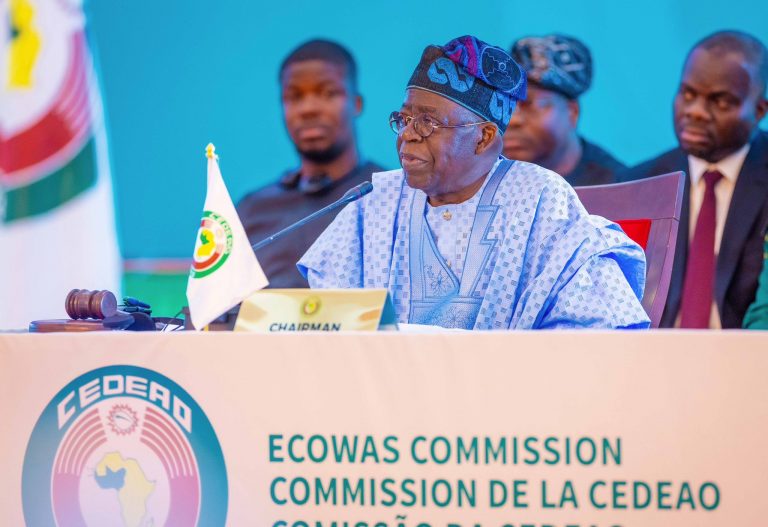
In a concerted effort to address the pressing issue of terrorism in West Africa, the Economic Community of West African States (ECOWAS) has earmarked $25 million for the fight against terrorism in Nigeria, Niger, Mali, and Burkina Faso.
Fatou Sarr, ECOWAS Commissioner for Human Development and Social Affairs, revealed this allocation during a news conference held at the commission’s headquarters in Abuja on Friday.
Ms. Sarr outlined the allocation breakdown, stating that $4 million has been dedicated to humanitarian actions aimed at alleviating the devastating consequences of terrorism and mitigating the fallout of natural disasters in the sub-region. She emphasized the critical importance of humanitarian actions in addressing the multiple crises and displacements within the community, highlighting that such efforts persist even in countries under sanctions.
Register for Tekedia Mini-MBA edition 19 (Feb 9 – May 2, 2026): big discounts for early bird.
Tekedia AI in Business Masterclass opens registrations.
Join Tekedia Capital Syndicate and co-invest in great global startups.
Register for Tekedia AI Lab: From Technical Design to Deployment (next edition begins Jan 24 2026).
“In 2024, ECOWAS released $9 million for internally displaced people, refugees, and asylum seekers, as well as for the communities that welcome them across all 15 member countries,” Ms. Sarr stated.
Additionally, she said $1 million has been allocated for stabilization efforts in Nigeria, targeting victims of terrorism, displaced individuals, injured persons, rehabilitation initiatives, and the reinforcement of community resilience.
“Out of a fund of $25 million intended for the fight against terrorism in Nigeria, Burkina, Mali and Niger, ECOWAS has reserved $4 million for humanitarian actions,” she said.
Ms. Sarr noted the commission’s ongoing commitment to providing support in crises, citing ECOWAS’s provision of over $12.6 million in 2023 alone to aid four million out of the 8.5 million victims of violent conflicts and disasters across West Africa.
She disclosed that the bloc has been trying to use deploy sports as a weapon for change, targeting especially the youths. Sports, deemed a crucial integration factor, are supported by ECOWAS through annual funding of $100,000 to sports federations.
However, this move is believed to be part of the bloc’s efforts to appease its seceding members – Niger, Mali, and Burkina Faso. In late January, the military-led governments of Niger, Mali, and Burkina Faso, in a joint statement, announced their decision to withdraw from ECOWAS, citing the perceived failure of the bloc to support them in their fight against terrorism and insecurity as a primary reason for their exit.
Resisting the pressure from ECOWAS, the military leaders argued that their focus is on restoring security within their borders before returning to constitutional rule, emphasizing the need to address insurgencies linked to groups such as al Qaeda and the Islamic State.
“After 49 years, the valiant peoples of Burkina Faso, Mali, and Niger regretfully and with great disappointment observe that the (ECOWAS) organization has drifted from the ideals of its founding fathers and the spirit of Pan-Africanism,” Colonel Amadou Abdramane, the spokesperson for the Niger junta, said in a statement on behalf of the three nations.
“The organization notably failed to assist these states in their existential fight against terrorism and insecurity,” the statement added.
Since then, ECOWAS has been making efforts to bring the three back to the bloc. In February, the regional organization lifted most of the sanctions imposed on the military-led countries.
In his opening remarks at the summit, ECOWAS chairman and Nigerian President Bola Tinubu emphasized the need for the bloc to reassess its approach to achieving constitutional order in four Member States, including the three suspended countries and Guinea, which is also under military rule. Tinubu urged Niger, Mali, and Burkina Faso to “reconsider their decision” and emphasized that “ECOWAS should not be seen as an adversary.”
Despite these calls, the three countries, whose current leadership came to power through military coups, have remained steadfast in their stance, refusing to return to ECOWAS. Instead, they have made moves to form their own bloc and seek new alliances.



